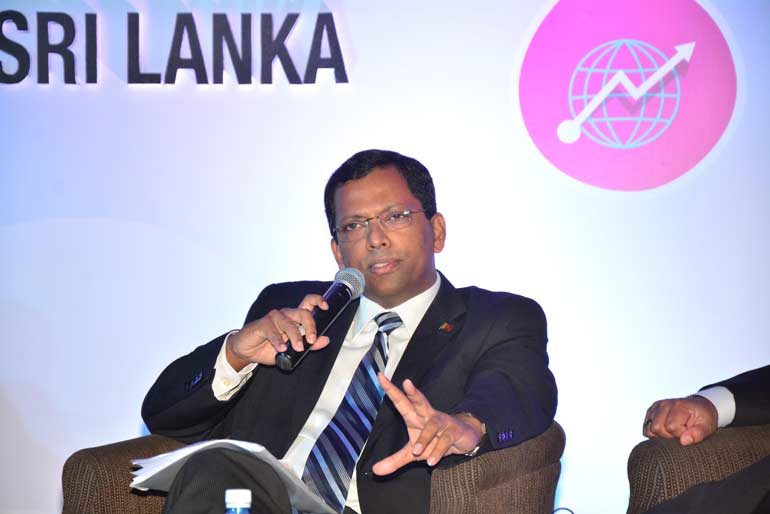Friday Feb 20, 2026
Friday Feb 20, 2026
Monday, 25 May 2015 00:00 - - {{hitsCtrl.values.hits}}

The Foreign Affairs Ministry together with the ICT Agency of Sri Lanka (ICTA), has fast-tracked Sri Lanka’s entry into the Council of Europe (CoE) Cybercrime Convention, aka the Budapest Convention. This is a significant policy breakthrough for Sri Lanka. This is so because Sri Lanka was invited to join the convention in February and the domestic process towards Sri Lanka’s accession was completed in less than three months.
As a result, Sri Lanka has overtaken Philippines, Costa Rica, Argentina, Mexico, South Africa and several others in the process towards joining the Budapest Cybercrime Convention. Sri Lanka also becomes the first country in South Asia to join the Cybercrime Convention, which is the only international treaty on the subject of cybercrime globally.
ICTA Program Director/Legal Advisor Jayantha Fernando confirmed that the Foreign Affairs Ministry had finalised the Instrument of Accession to join the Budapest Convention and transmitted it to the CoE. “As per Article 36 of the Convention it will enter into force on the first day of the month following the expiration of a period of three months after the date of the expression of State’s consent to be bound by the provisions of the Convention,” Fernando said.
He also said: “Usually, a country would take several years to accede to this Convention. Countries like Philippines, Argentina, Costa Rica etc. were invited long before Sri Lanka. However, Sri Lanka was able to fast-track accession because we had the required domestic legislation in place.” The primary legislation is the Computer Crimes Act No. 24 of 2007.
The Budapest Convention on Cybercrime seeks to address internet and computer crime by harmonising national laws, improving investigative techniques, and increasing cooperation among nations. Council of Europe Head of Cybercrime Division Alexander Seger said: “The Budapest Cybercrime Convention is an international convention open for any country to accede that is prepared to implement it. Not only European countries but also states such as the USA, Australia, Japan, Dominican Republic or Mauritius are already parties. Others such as Argentina, Costa Rica, Mexico, Morocco, Senegal, South Africa and the Philippines have signed it or been invited to accede. Sri Lanka has now taken a policy decision to accede. We hope that other countries of South Asia will follow Sri Lanka’s example and fully engage in international cooperation against cybercrime.”
A significant amount of work was done before Sri Lanka was invited to join this important Convention. ICTA took the lead policy initiative, with support from the Ministry of Foreign Affairs and the Ministry of Justice. As required under the rules of procedures of the Convention it was necessary to obtain the unanimous agreement of all state parties to the Convention before Sri Lanka could be invited. Following informal and formal consultations with state parties full consensus was achieved to invite Sri Lanka.
The Information and Communication Technology Agency (ICTA) of Sri Lanka is the apex ICT institution of the Government. In terms of the Information and Communication Technology Act No. 27 of 2003 (ICT Act) ICTA has been mandated to take all necessary measures to implement the Government’s Policy and Action Plan in relation to ICT. In terms of section 6 of the ICT Act, ICTA is required to assist the Cabinet of Ministers. ICTA is wholly owned by the Government of Sri Lanka.